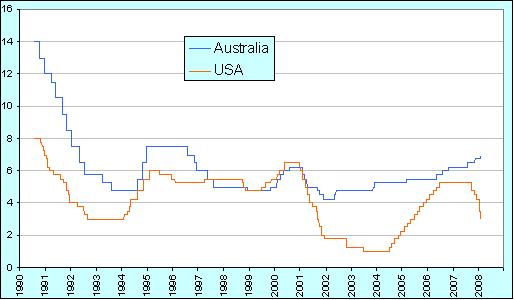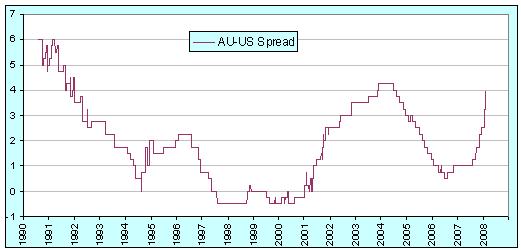There’s a perennial question thrown around by Australian and British politics-watchers (and, no-doubt, by people in lots of other countries too, but I’ve only lived in Australia and Britain): Why do American elections focus so much on the individual and so little on the proposed policies of the individual? Why do the American people seem to choose a president on the basis of their leadership skills or their membership of some racial, sexual, social or economic group, while in other Western nations, although the parties are divided to varying degrees by class, the debate and the talking points picked up by the media are mostly matters of policy?
An easy response is to focus on the American executive/legislative divide, but that carries no water for me. Americans seem to also pick their federal representatives and senators in the same way as they do their president.
The best that I can come up with is to look at differences in political engagement brought about by differences in scale and political integration. The USA is much bigger (by population) and much less centralised than Australia or Britain. As a result, the average US citizen is more removed from Washington D.C. than the average Briton is from Whitehall or the average Australian from Canberra. The greater population hurts engagement by making the individual that much less significant on the national stage – a scaled-up equivalent of Dunbar’s number, if you will. The decentralisation (greater federalism) serves to focus attention more on the lower levels of government. The two effects, I believe, reinforce each other.
Americans are great lovers of democracy at levels that we in Australia and Britain might consider ludicrously minuscule and at that level there is real fire in the debates over specific policies. Individual counties vote on whether to raise local sales tax by 1% in order to increase funding to local public schools. Elections to school boards decide what gets taught in those schools.
That decentralisation is a deliberate feature of the US political system, explicitly enshrined in the tenth amendment to their constitution. But when so many matters of policy are decided at the county or state level, all that is left at the federal level are matters of foreign policy and national identity. It seems no surprise, then, that Americans see the ideal qualities of a president being strength and an ability to “unite the country.”

